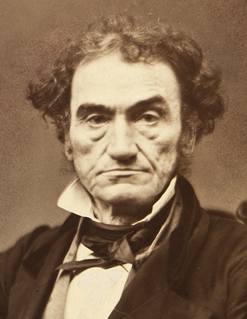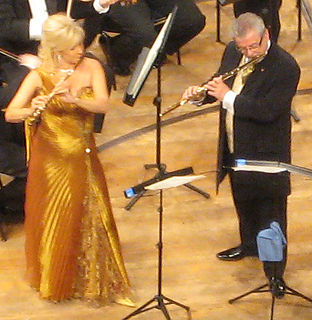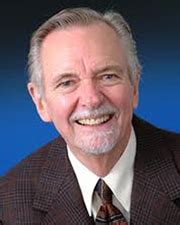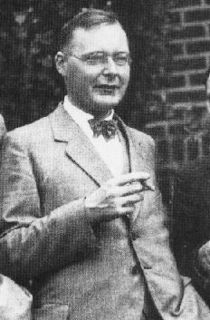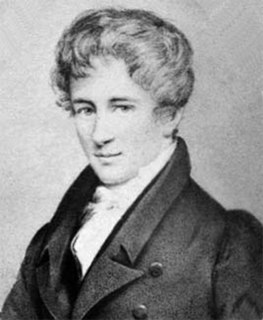A Quote by Rufus Choate
Mathematics may, be briefly defined as the science of quantities, and is one of the most important of disciplining studies which engage the practical student.
Related Quotes
He is not a true man of science who does not bring some sympathy to his studies, and expect to learn something by behavior as well as by application. It is childish to rest in the discovery of mere coincidences, or of partial and extraneous laws. The study of geometry is a petty and idle exercise of the mind, if it is applied to no larger system than the starry one. Mathematics should be mixed not only with physics but with ethics; that is mixed mathematics. The fact which interests us most is the life of the naturalist. The purest science is still biographical.
Yet things are knowable! They are knowable, because, being from one, things correspond. There is a scale: and the correspondence of heaven to earth, of matter to mind, of the part to the whole, is our guide. As there is a science of stars, called astronomy; and science of quantities, called mathematics; a science of qualities, called chemistry; so there is a science of sciences,--I call it Dialectic,--which is the Intellect discriminating the false and the true.
Mathematics has two faces: it is the rigorous science of Euclid, but it is also something else. Mathematics presented in the Euclidean way appears as a systematic, deductive science; but mathematics in the making appears as an experimental, inductive science. Both aspects are as old as the science of mathematics itself.
The life and soul of science is its practical application, and just as the great advances in mathematics have been made through the desire of discovering the solution of problems which were of a highly practical kind in mathematical science, so in physical science many of the greatest advances that have been made from the beginning of the world to the present time have been made in the earnest desire to turn the knowledge of the properties of matter to some purpose useful to mankind.
If you ask ... the man in the street ... the human significance of mathematics, the answer of the world will be, that mathematics has given mankind a metrical and computatory art essential to the effective conduct of daily life, that mathematics admits of countless applications in engineering and the natural sciences, and finally that mathematics is a most excellent instrumentality for giving mental discipline... [A mathematician will add] that mathematics is the exact science, the science of exact thought or of rigorous thinking.
It must be for truth's sake, and not for the sake of its usefulness to humanity, that the scientific man studies Nature. The application of science to the useful arts requires other abilities, other qualities, other tools than his; and therefore I say that the man of science who follows his studies into their practical application is false to his calling. The practical man stands ever ready to take up the work where the scientific man leaves it, and adapt it to the material wants and uses of daily life.
A Student is the most important person ever in this school...in person, on the telephone, or by mail.
A Student is not dependent on us...we are dependent on the Student.
A Student is not an interruption of our work..the Studenti s the purpose of it. We are not doing a favor by serving the Student...the Student is doing us a favor by giving us the opportunity to do so.
A Student is a person who brings us his or her desire to learn. It is our job to handle each Student in a manner which is beneficial to the Student and ourselves.
